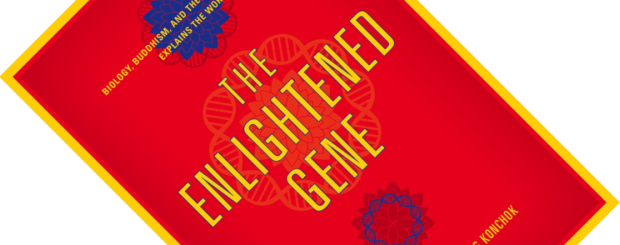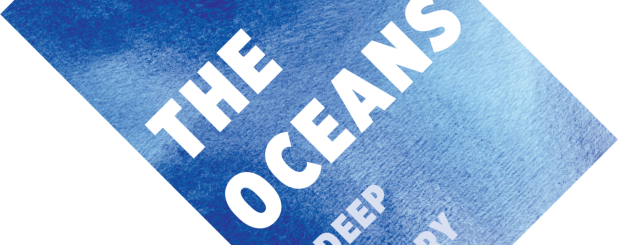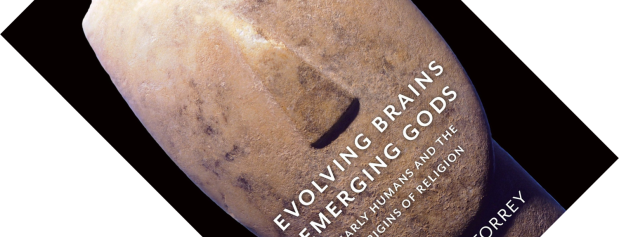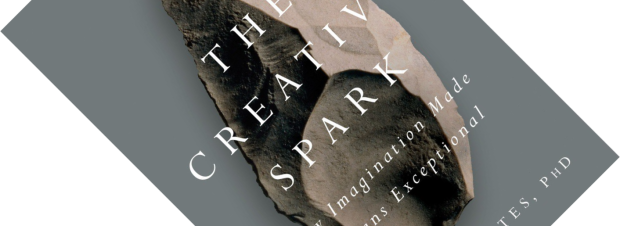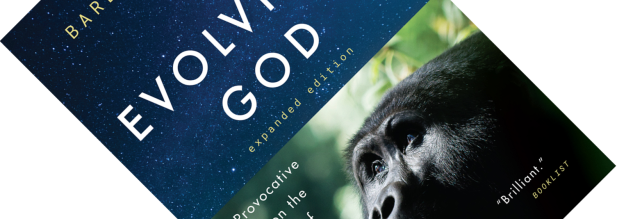I sometimes wonder whether I am a closet Buddhist. Now, I will be the first to admit that I know next to nothing about Buddhism, but what little I have encountered often strikes a chord with me. The Enlightened Gene shows there might be a good reason for this. This book chronicles a most unlikely project: the Emory-Tibet Science Initiative. On the invitation of the Dalai Lama no less (!), Emory University has developed a science curriculum to be taught to Tibetan monks and nuns in exile in India. Spearheaded by professor Arri Eisen and in close collaboration with monk Geshe Yungdrung Konchok, the aim is to integrate modern science (focusing on physics and life sciences, especially neuroscience) into their monastic curriculum.
religion
Book review – The Oceans: A Deep History
So, stop me if you’ve heard this one before, but it is often said that we know more about the moon than we do about our own oceans. However, palaeo-oceanographer and climate scientist Eelco J. Rohling points out we know more than you might think. His new book, The Oceans: A Deep History, takes the reader through a 4.4-billion-year history of Earth’s oceans. Much more than just a book about water, this is foremost a book about the intimate link between our planet’s climate and its oceans, as they are far more intertwined than you might give them credit for.
Book review – Evolving Brains, Emerging Gods: Early Humans and the Origins of Religion
As mentioned previously in my review of Barbara King’s Evolving God, religion is a pervasive phenomenon, and many scholars have put forward explanations of how, when, and why it arose. The arguments King put forth did not convince me that religion is anything more than a by-product of our evolution. Apparently, so did Darwin. Though believers often like to point out Darwin was a Christian too, he struggled to reconcile the two and ultimately lost his faith. American psychiatrist E. Fuller Torrey gracefully acknowledges this intellectual heritage and here updates this idea, putting forth the convincing argument that religion arose as a by-product of brain evolution.
Book review – The Creative Spark: How Imagination Made Humans Exceptional
With his new book, The Creative Spark, Agustín Fuentes, a primatologist and anthropologist currently at the University of Notre Dame in Indiana, boldly puts forth the idea that what makes humans special is creativity. The ability of humans to switch back and forth between considering what is, and dreaming of what might be, and to then put these thoughts into actions (often collaboratively), has brought us a very long way from our primate origins to the tool-wielding, world-shaping force of nature of today. Along the way, Fuentes wants to do away with some of the dominant narratives regarding human evolution today, or rather, he thinks most of them oversimplify things and lead to distortions in our thinking. Instead, he presents a new synthesis that places creativity front and centre stage as being the most important mechanism that helped us overcome challenges.
Book review – Evolving God: A Provocative View on the Origins of Religion
Once you have worked in the book industry for a while, you will notice that publishers like to throw around words like “provocative” and “paradigm-shifting” when promoting new books. And so it is with Evolving God, the subtitle of which promises a provocative view on the origins of religion. If you’re expecting religion-bashing as done by the likes of Richard Dawkins, look elsewhere. Though she speaks of the human religious imagination, she early on makes it clear that she herself does not wish to imply that humans make up their deities, nor does she claim that sacred beings are real in our world. This is outside of the realm of scientific inquiry and she remains agnostic on these matters. So much for being controversial.

